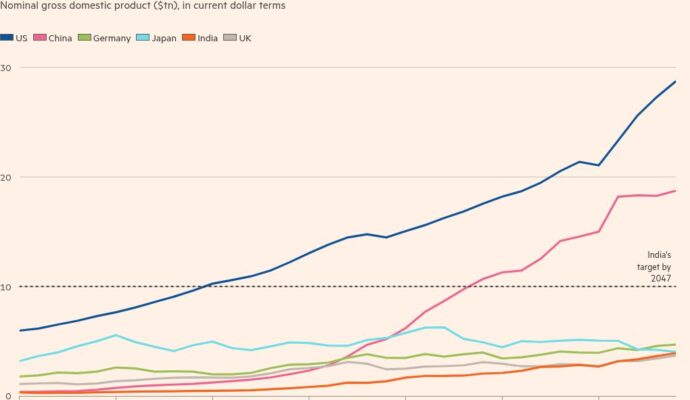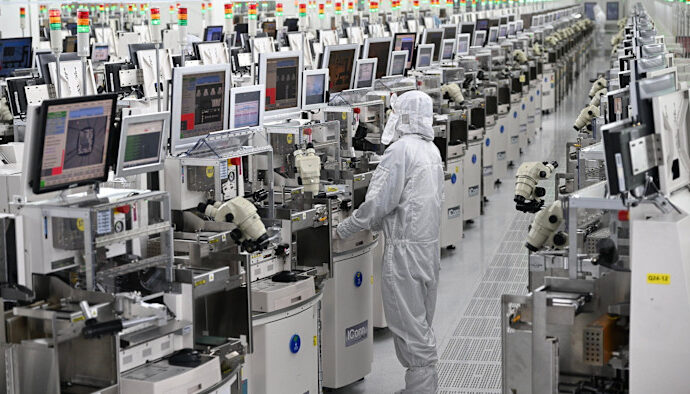Unlock the White House Watch newsletter for free
Your guide to what Trump’s second term means for Washington, business and the world
Asian countries should reject the “European model of fear and over-regulation” of artificial intelligence, said White House technology adviser Michael Kratsios on a visit to the region where he launched a US technology export push.
The Trump official told a gathering of Asian officials and executives in South Korea on Tuesday that Washington would encourage countries to develop their own approach to AI and its regulation.
Trump administration officials and US Big Tech have expressed strong opposition to the EU’s landmark AI Act, widely considered the world’s strictest regime for regulating the technology.
“You can follow [the European model] and be inevitably left behind, succumbing to stasis as the states around you move forward in settling a new frontier and building a new future,” said Kratsios, who serves as the director for the White House Office of Science and Technology Policy.
Kratsios told the Financial Times on the sidelines of the event that the Trump administration was also “explicitly rejecting” China’s call for global AI governance.
“We have heard a lot of discussion around a push for global governance . . . I don’t think it’s something that countries around the world are interested in or ultimately will benefit their people,” said Kratsios.
“We carry a message of innovation, of creativity, and of freedom for countries to be able to choose their own AI destiny,” he added. “And we believe that our effort to customise AI packages to the specifics of individual countries is what they’re ultimately looking for.”
Kratsios said in his public remarks that the US would offer financing for countries to acquire and deploy a “full stack” of American technologies ranging from chips and data centres to large language models and cloud services “packaged for each customer nation’s convenience”.
The US offer comes as Beijing touts the success of its open-source LLMs, including those from DeepSeek and Alibaba, as evidence that China is willing to share the benefits of its AI development with the rest of the world. Chinese companies are also attracting Asian customers with low-cost AI products such as drones and industrial robots.
Last week, Chinese premier Li Qiang proposed the creation of a global body to govern AI.
“Currently, overall global AI governance is still fragmented. Countries have great differences, particularly in terms of areas such as regulatory concepts [and] institutional rules,” Li told the World Artificial Intelligence Conference in Shanghai last month.
Kratsios said he had been influenced by his time as the US government’s chief technology officer during Trump’s first term, when Washington struggled to convince foreign partners to stop using Chinese company Huawei’s technology in critical national telecoms infrastructure.
“I travelled round the world talking to technology ministers about the challenges that they faced in trying to rip and replace Huawei,” he said. “It showed me how important it is for the US not only to have the greatest technology in the world but also to make a concentrated effort to export it globally.”


